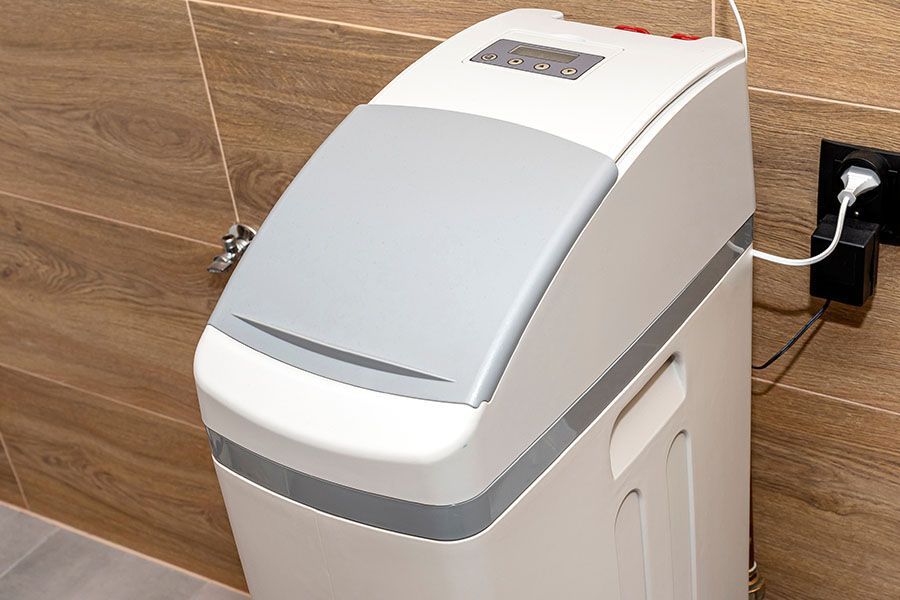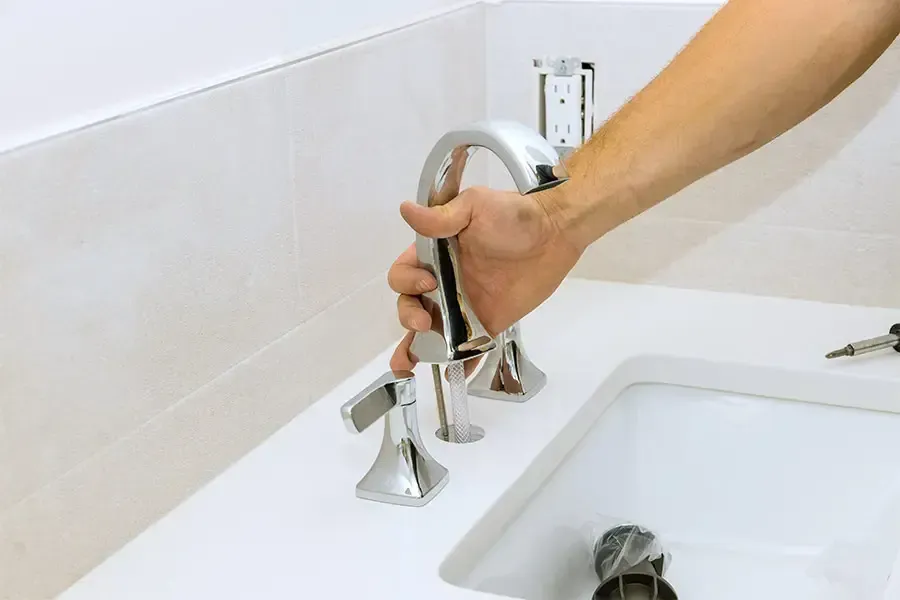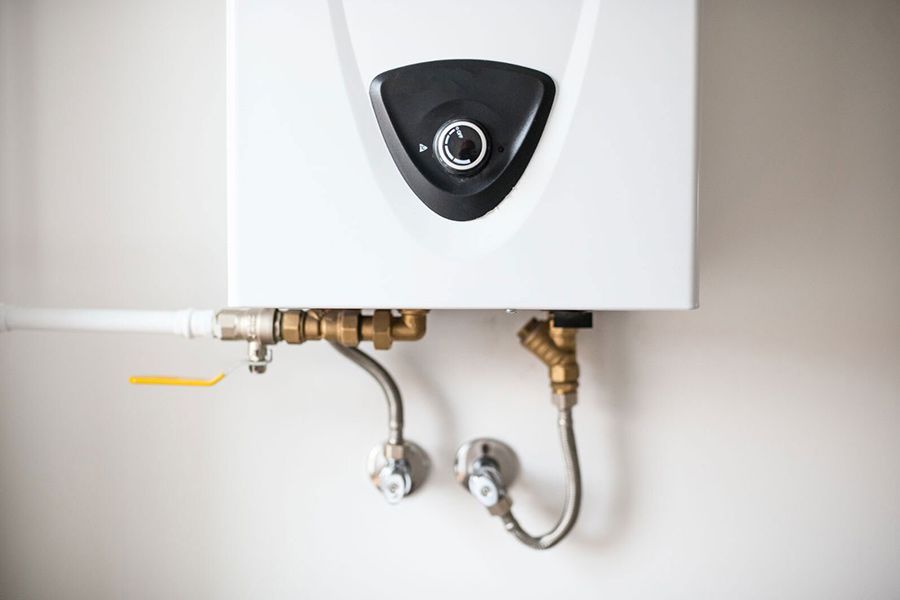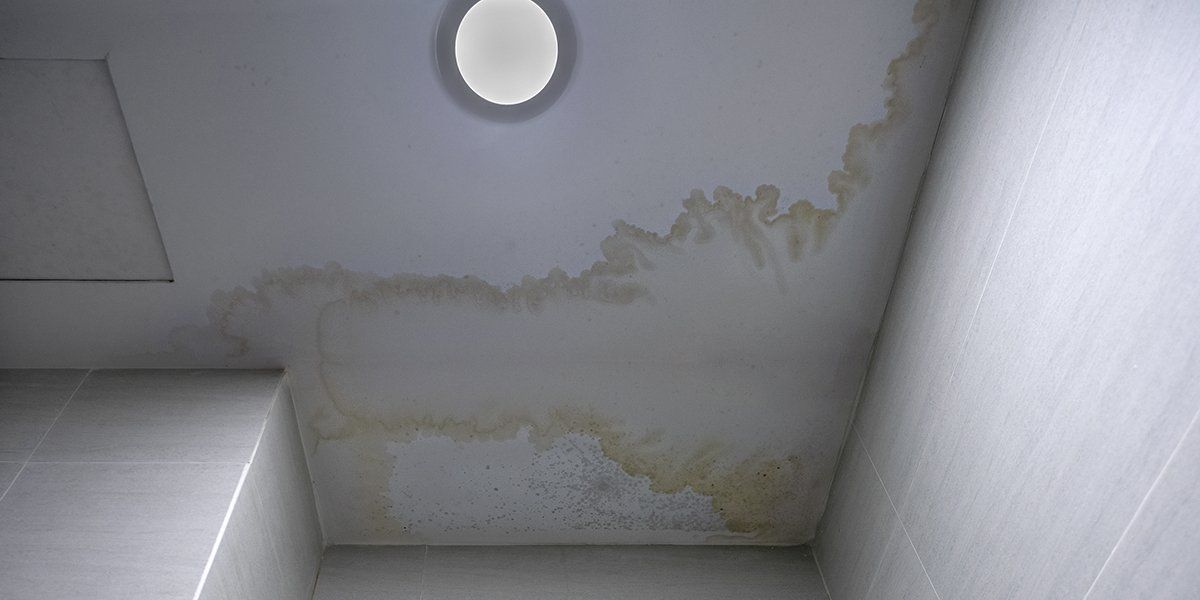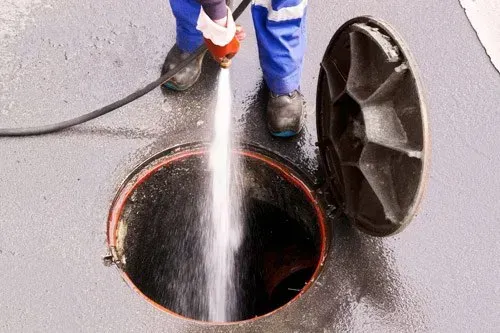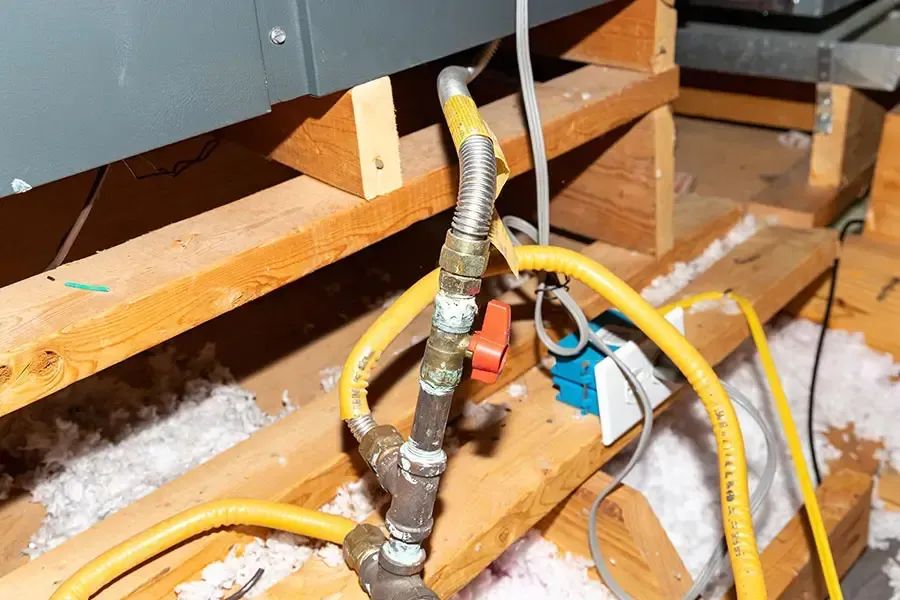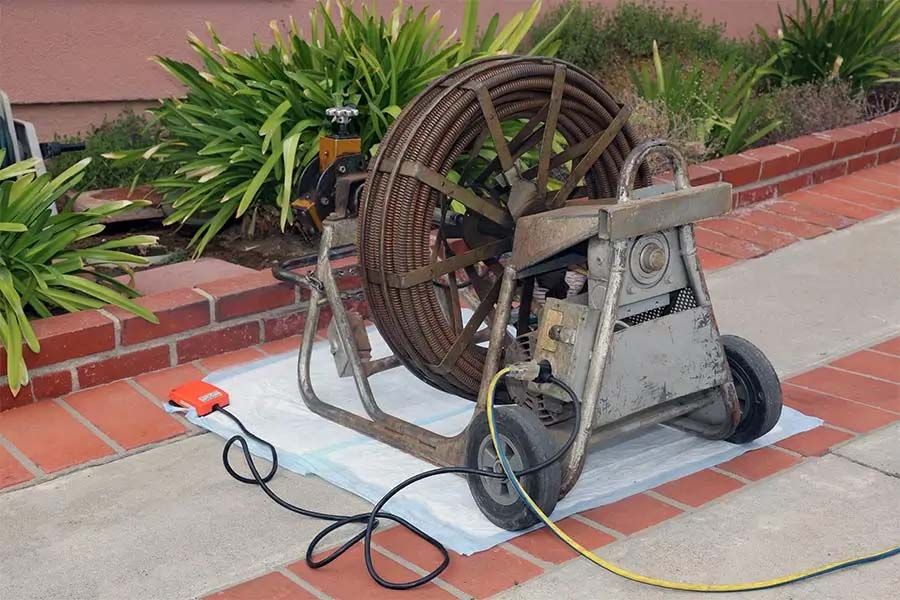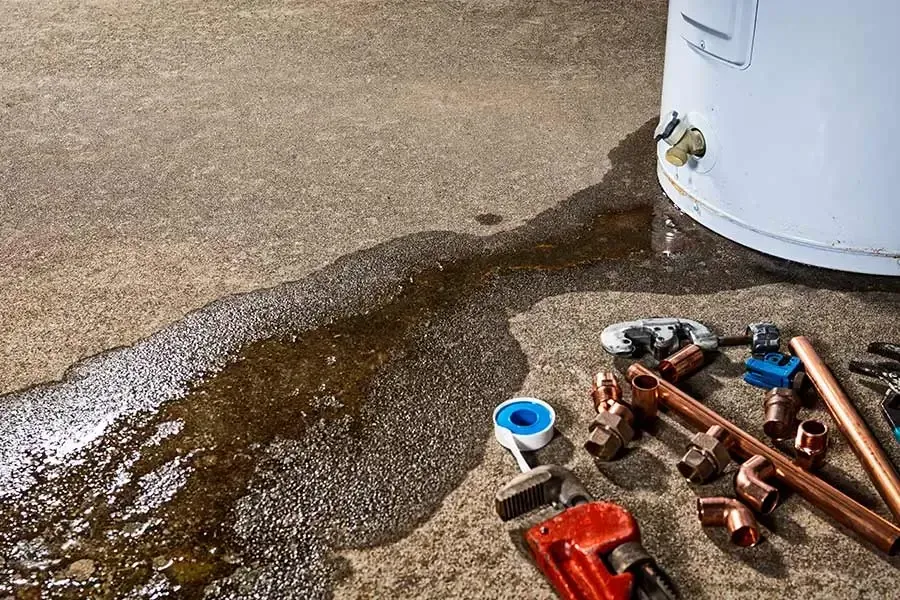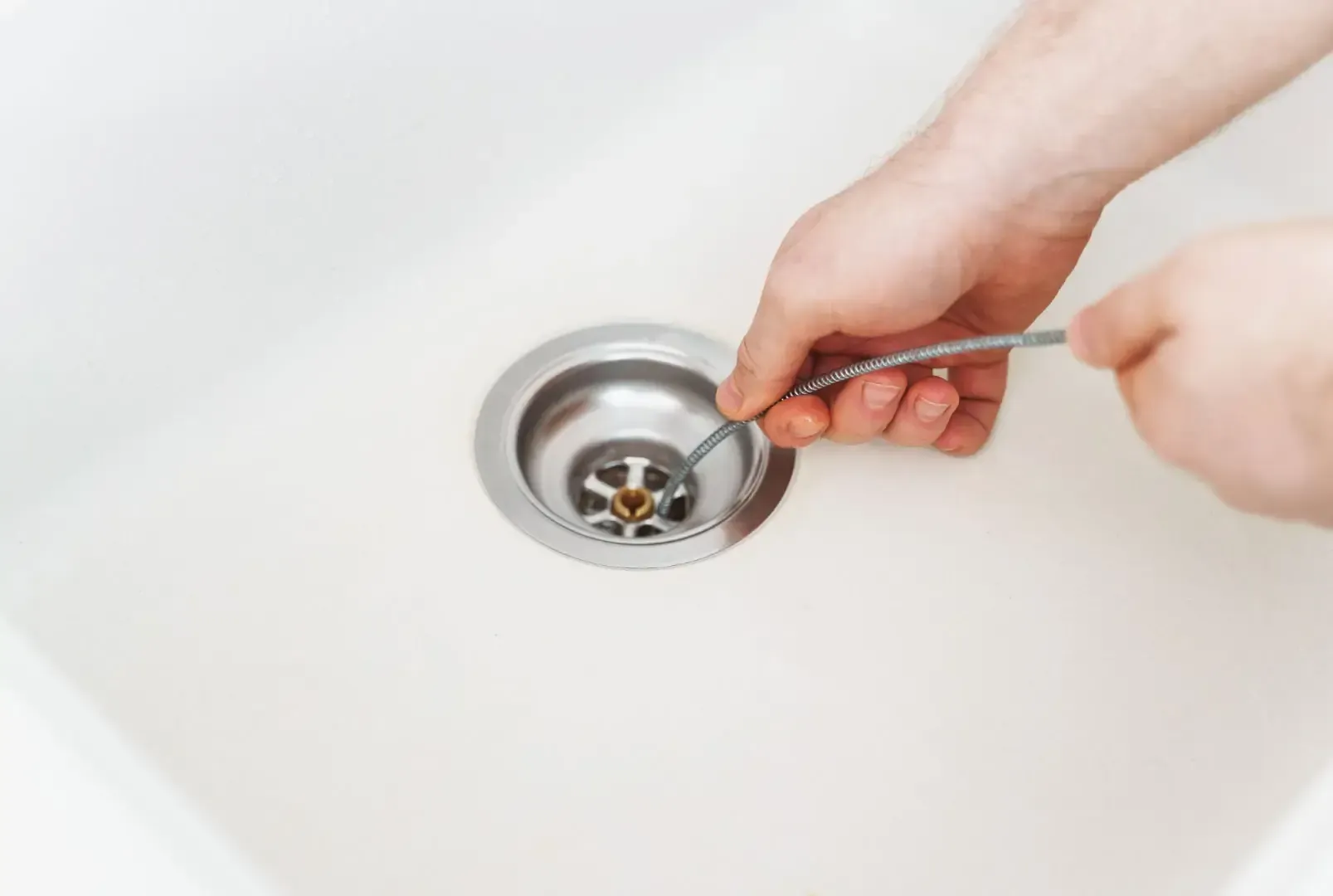The 5 Effects of Hard Water on Plumbing
Hard water is a common condition that can affect indoor and outdoor plumbing, with many potential consequences. Many homeowners believe that hard water only causes problems with their appliances, but there are also severe plumbing implications. Read on to learn about the effects of hard water on the plumbing in your home or commercial building, and receive a recommendation for a reliable plumber in University Heights.
What Is Hard Water?
"Hard" water contains higher-than-normal levels of calcium and magnesium ions. These minerals are naturally occurring, and they are present in water all over the world. Usually, the levels of these minerals are not high enough to pose a problem for household plumbing systems. However, if the levels are too high, the water may become "hard" and cause damage and clogs throughout the home. The most common causes of hard water are natural deposits of limestone in groundwater supplies and healthy water, a problem in both homes and businesses.
Effect #1: Mineral Buildup
One of the most common problems associated with hard water is a mineral buildup in pipes and fixtures. As the hard water passes through your home or business, it leaves behind deposits of minerals that are tough to remove. Eventually, this buildup will obstruct the flow of water and cause clogs. These deposits can result in various problems, including leaks, low water pressure, and even damaged pipes. Frequent maintenance is crucial to prevent these problems from occurring.
Effect #2: Staining and Scale Formation
Another of the most common effects of hard water is staining, soap scum, and scale formation. These deposits can stain sinks, bathtubs, toilets, and other fixtures throughout your home. They can also leave a white residue on dishes and utensils, which can penetrate the surface of your dishware and silverware and leave a permanent mark on the material. Scale formations can also clog up your faucets and shower heads and prevent water from flowing freely through the pipes. This damage can be difficult and expensive to repair, so it is essential to focus on prevention.
Effect #3: Poor Washing Performance
Many homeowners dealing with hard water also notice poor washing performance. Over time, soap doesn't lather or rinse away as quickly in hot water as it should. As a result, your clothes don't get as clean as your washing machine would generally get them, sometimes leading to homeowners spending more time and money on laundry than normal.
Some residents even choose to replace their appliances, only to find that dry skin and other issues persist even with new appliances. Furthermore, frequent rinsing can lead to higher water bills because you use more water than you usually do. If you have noticed any of these symptoms in your home, consider installing a water softener to eliminate them.
Effect #4: Higher Utility Bills
We already discussed how hard water could increase your energy bills by reducing the performance of your washing machine, but there's more to consider. Using hard water can also increase the amount of water you use for everyday tasks such as showering and cleaning dishes. Over time, this can lead to dramatically higher utility bills each month. Therefore, for most homeowners, addressing the problem of hard water is a far more affordable option than constantly replacing appliances or facing steep increases in utility costs.
Effect #5: Early Appliance Failure
In addition to reducing your appliance's performance and increasing utility bills, hard water can cause certain household appliances to malfunction more quickly than usual. This can occur when mineral deposits build up inside coffee makers and washing machines over time and eventually cause these parts to become damaged beyond repair.
Ultimately, many homeowners need to purchase a new appliance sooner than expected. The good news is that experts can repair most devices if they break down due to hard water, so you can extend your appliances' life by addressing this problem right away. Fortunately, there are also several water-softening systems to choose from, so you should have no trouble finding one that will suit your needs and budget.
How A Water Softener Can Help
Hard water can create several problems for homeowners across the country, but fortunately, you can quickly fix it by installing a water-softening system. These systems use chemicals known as salt brine to remove mineral deposits from water and make it less "hard." A typical water softening system typically produces approximately five gallons of softened water per day in a residential setting. This process can effectively reduce the level of minerals in untreated water to less than one-tenth of its initial concentration, which means that you will have cleaner, softer water for all your household needs.
When you factor in the cost of installing and replacing the appliances in your kitchen and bathroom, a water softener system can save you hundreds of dollars each year while improving your appliances' performance and giving you better-tasting drinking water. If you are tired of dealing with the effects of hard water and are looking for an affordable solution for your home, consider installing a water softener system as soon as possible.
Get Help Finding and Installing a Water Softener Today
There are many different options available for residential homeowners who are looking to purchase a water softener system. These models can vary in size, price, and performance depending on your individual needs and budget, as well as the hardness of water and specific mineral content in your home. For example, you may want to purchase a larger unit if you live in an area that experiences higher levels of hard water, or you may need to select a more compact option if you only use the softening system occasionally.
Now that you know the effects of hard water, you may need help choosing a water softener for your home or business to reduce skin irritation. Or, perhaps, you want to learn what happens when you flush food down the toilet. Explore our website for more information, and when you're ready to schedule your service in Cleveland Heights, call Formica Plumbing at 440-485-3850 to speak to an expert and start the process.
